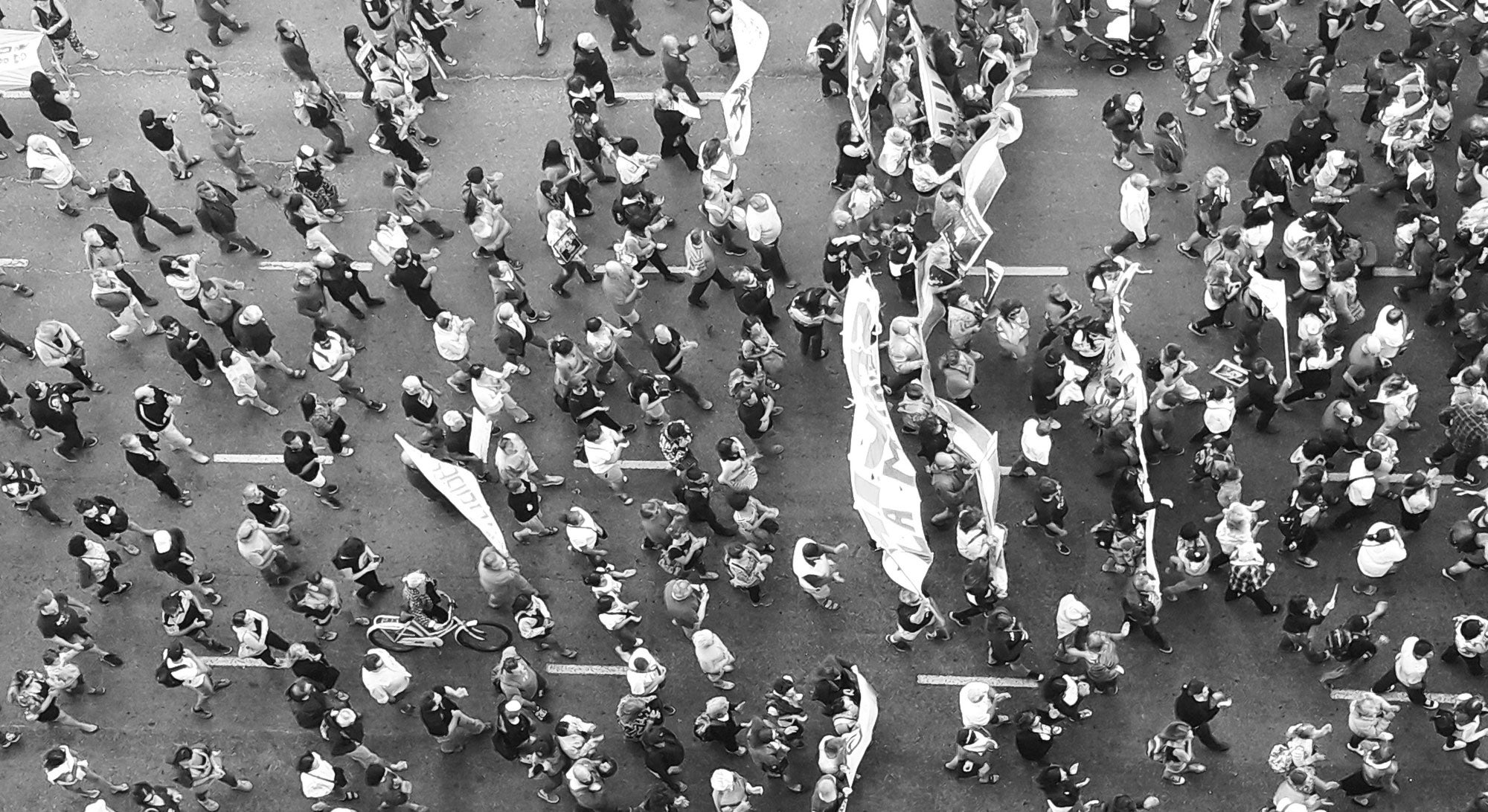With approximately 18 million in use throughout the world, contemporary shipping containers play a vital role in the global economy. An international conference at the University of California, Santa Barbara early next month will explore how this important technological and economic innovation is transforming not only world trade, but the politics, culture, and social structure of everyone connected with their design, manufacture, and use.
Co-hosted by UCSB's Interdisciplinary Humanities Center and the Center for Work, Labor, and Democracy, the conference, titled "The Traveling Box: Containers as the Global Icon of our Era," will bring together an interdisciplinary group of practitioners and scholars with expertise in geography, sociology, history, urban planning, art and architecture, and business logistics. Speakers will discuss the impact of containerization on the urban landscape, national consumption patterns, distribution, and port security.
The conference, which is open to the public, is set for November 8, 9, and 10 in the McCune Conference Room, 6020 Humanities and Social Sciences Building at UCSB. It will include panel discussions, container demonstration projects, and a bus trip to San Pedro for a tour of the Port of Los Angeles led by Dave Arian, past president of the International Longshore and Warehouse Union.
Admission to the conference is $25. Admission to both the conference and the Port of Los Angeles tour is $55. Advance registration for the tour is required by October 31.
The conference's keynote speaker will be Marc Levinson, author of the award-winning book "The Box: How the Shipping Container Made the World Smaller and the World Economy Bigger." Levinson is an economist in New York and the author of three previous books. He was formerly finance and economics editor of The Economist, a writer at Newsweek, and editorial director of the Journal of Commerce. Other noted speakers include Los Angeles architect Jennifer Siegal, who will give the opening address; social historians Dana Frank and Richard Greenwald; and filmmaker Allan Sekula.
"Containerization has impacted the way humanities scholars see the world," said Dick Hebdige, director of the Interdisciplinary Humanities Center. "Because of the global trade imbalance, the United States finds itself with hundreds of thousands of surplus containers awaiting imaginative transformations. This conference provides a platform to explore innovative architecture and industrial re-use opportunity."
Added Lichtenstein: "Railroads transformed the 19th-century landscape while cars and trucks defined the social and economic geography of the 20th century. Containers may well be the key to understanding how the global economy works in the 21st."
For information about the conference, including registration fees and deadlines, or to view a complete schedule of events and list of participants, call Holly Unruh, associate director of the Interdisciplinary Humanities Center, at (805) 893-7799.



